Author: Lynda Benigno
Imagine you are about to give a speech to a large crowd of your peers. As your turn to speak draws near you look down at your notes; you notice your palms are clammy, your stomach hurts, you have dry mouth, and you feel like you can't breathe. When you take the stage, your hands shake, your voice is quiet and trembles as you glance at your notes. You struggle to get the words out. A few days later, after a particularly stressful day at work, you lie in bed ruminating over the day's events. You question whether tomorrow is going to be just as stressful. You go over all of the possible scenarios, every single thing that could go wrong. How will you handle it? You look at the clock; it's now midnight, you have lost 2 hours of sleep. You feel short of breath, the room feels warm, and you sit up trying to take a deep breath. This is life with an anxiety disorder.
Anxiety disorders are the most commonly diagnosed psychiatric disorder, with over 3 million people affected a year. Generalized anxiety and panic disorders are the most prevalent and seen in all age ranges and socio-economic backgrounds. The difference between generalized anxiety and panic disorder are the intensity and duration of the person's symptoms.
Risk Factors Include:
· Family History
· Significant life changes such as divorce, death of a close family member or job loss
· History of physical, emotional or sexual abuse
· Chemical or hormonal imbalance in the brain
· Medical conditions such as heart disease, asthma, drug abuse or withdraw
· Long term stress due to complicated relationships or work environment, financial difficulties or illness
*Stress that leads to skipping meals, consumption of alcohol and not getting enough sleep can worsen or trigger anxiety.
General anxiety builds slowly and relates to a particular event or situation. If you have anxiety, you may worry excessively and feel a great deal of fear, trying to anticipate disaster or worst-case scenarios related to future events. The worries may include health of yourself or others, money, family, work, or school. Constantly worrying makes it challenging to concentrate and setting the worry aside feels impossible. You may experience stomach ache, nausea, and changes in breathing. By the end of the day, you feel drained and tired, but your mind continues to go over the day's events and possible events of the next day.
Panic attacks involve severe symptoms that are disruptive to daily life. Panic attacks come on suddenly with little warning. The fear and anxiety the person feels is out of proportion to the actual event. Accelerated heart rate, shaking, shortness of breath, chest pain, feeling lightheaded or faint and sweating occurs. A panic attack can last several minutes, and symptoms usually appear in late teen or early adulthood. Something as benign as standing in the grocery store checkout line can bring on a panic attack that leaves you baffled as to why it occurred in the first place.
A therapist is best able to determine the kind of anxiety disorder you are suffering from and the course of treatment that will fit your needs. The most common and effective treatment is Psychotherapy. Cognitive Behavioral Therapy will teach you new ways of behaving, thinking, and reacting to the feelings that come with anxiety or panic. Medications such as SSRI'S can be helpful for some patients. SSRI'S are usually prescribed for depression and should not be the first line of defense. If prescribed, the medication can take several weeks to start working and comes with side effects, so it is best to start with a moderate dose and gradually increase if needed.
The opinions expressed in this article are of the author and not intended to diagnose, treat, or cure any physical or mental condition. If you are struggling, please contact your healthcare provider, the National Suicide Hotline at 1-800-273-8255 or Stepping Stone Community Services at 330-577-4099.


